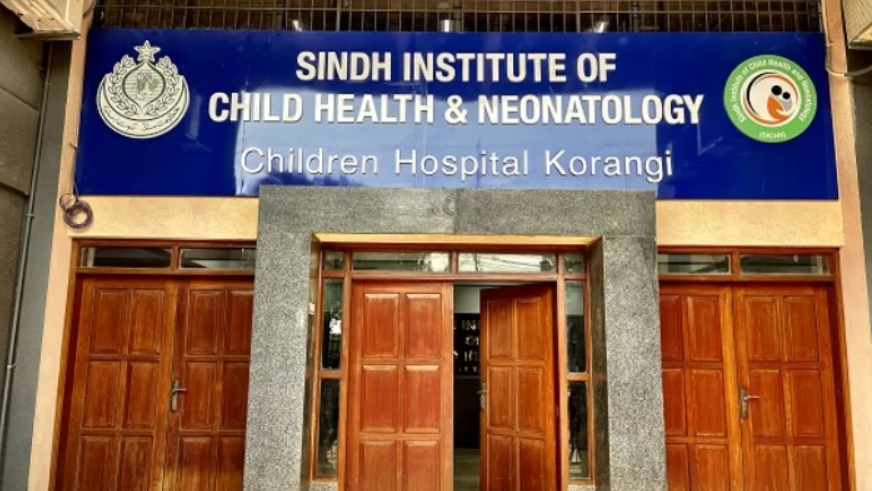Fatwa halts Pakistan's first milk bank
The Sindh Institute of Child Health and Neonatology will ask the Council of Islamic Ideology for guidance to comply with Islamic law. A madrasa had already approved the establishment of the human milk bank with a set of preconditions. But the project has sparked controversy on social media prompting a review of the issue.
Karachi (AsiaNews) – The Sindh Institute of Child Health and Neonatology (SICHN) has been forced to put on hold Pakistan's first human milk bank due to controversy on social media where many claim it does not comply with Islamic precepts.
To solve the issue, SICHN said it would seek guidance from Darul Ulum Karachi (DUK), a traditional Deobandi madrasa, and the Council of Islamic Ideology, which provides the government with legal advice on Islamic issues.
DUK had already issued a fatwa (a legal ruling) in December that guaranteed "the necessary religious endorsement" for the institute, saying the human milk project complies with Islamic law (Shari‘a).
The fatwa set out the preconditions for the milk bank. It said: “Complete data of women contributing to a ‘lot’ of milk should be maintained and shared with mothers whose babies are provided that milk so that a kinship record is maintained.” At the same time, “this service should be provided free of cost and [. . .] Muslim children should only be provided milk from Muslim mothers”.
However, following a review made public on 16 June, shortly after the inauguration of the milk bank, DUK said it was very difficult if not almost impossible to implement all the conditions mentioned in the December fatwa, which has led to the initiative to be put on hold.
In a statement, SICHN said that DUK and the CII are “esteemed institutions” and “pillars of religious scholarship and their insights will be invaluable in navigating this complex issue. We are dedicated to ensuring that our healthcare initiatives are not only scientifically sound but also religiously compliant”.
Nevertheless, as a SICHN representative said, “We have 30 to 35 premature babies out of the 50 children admitted to our hospital at a given time. These babies needed mother’s milk to save them from complications that would in turn increase their chances for survival. Unfortunately, however, some mothers don’t have enough breast milk to support their nutrition.”
Asked by the Karachi-based newspaper, Dawn, about the controversy that blew up on social media, the representative went on to say that human milk banks operate in several Muslim countries, including Iran and Malaysia.
“Unfortunately, our society has lost the ability to debate like educated people,” he added in a reference to the “misinformation” on the social media.
The crux of the matter concerns the relationship between the newborn and the donor mother and between the different infants who received milk from the same woman.
Such relationships would be the equivalent of those between biological mother and child and between siblings, which in Islam are called "mahram", and banned because they would be considered incestuous.
According to Islamic jurisprudence, relationships of this type must be clearly delineated to avoid incestuous marriages between children who have received the same mother's milk.
For this reason, the practice is forbidden in most of the Muslim world because donors usually remain anonymous.







.png)










